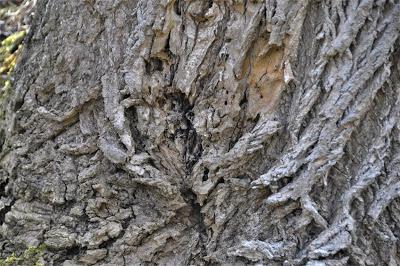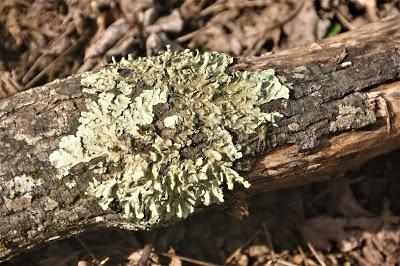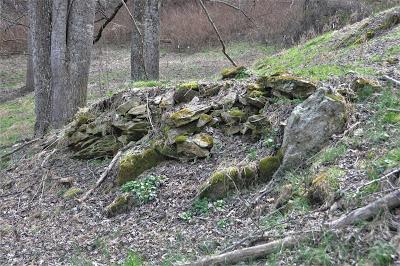
It's happened again -- a writer in one of my classes uses snark as a verb -- as in, "Oh, I'm sure you do," she snarked, and I cringe as if someone had run a fingernail down a blackboard.
Merriam Webster says that snark (used as a noun to mean an irreverent sarcasm) first came into use (as a noun) in 1999. (Yes, I know about Lewis Carroll's "The Hunting of the Snark" and I'm not sure there's any connection.)

Spell check seems to acknowledge snarky but no other iterations of snark. Still, an online search reveals several examples of snark as a verb.
I still hate it. I know, I know, English is a living, evolving language and I'm old enough to remember actual blackboards and chalk and am therefore probably more set in my grammatical preferences. In my opinion, snark et al are still a bit slangy and not appropriate for all uses. Dialogue? Sure, go at it. Or if the voice the writer is cultivating is a slangy one, then fine. But, in general narration?

What do you think? Do you use snark in speech or writing? Do you use it as a verb? (I won't judge, I promise.) I want to hear some other opinions.) By the way, I have a similar reaction to the use of husk as a verb meaning to speak in a husky tone. "Oh, Lord Errol," she husked, "my maidenhead is not for sale." (Though I did use it myself once -- but it was in a humorous/satiric /one might even say, snarky piece.)

